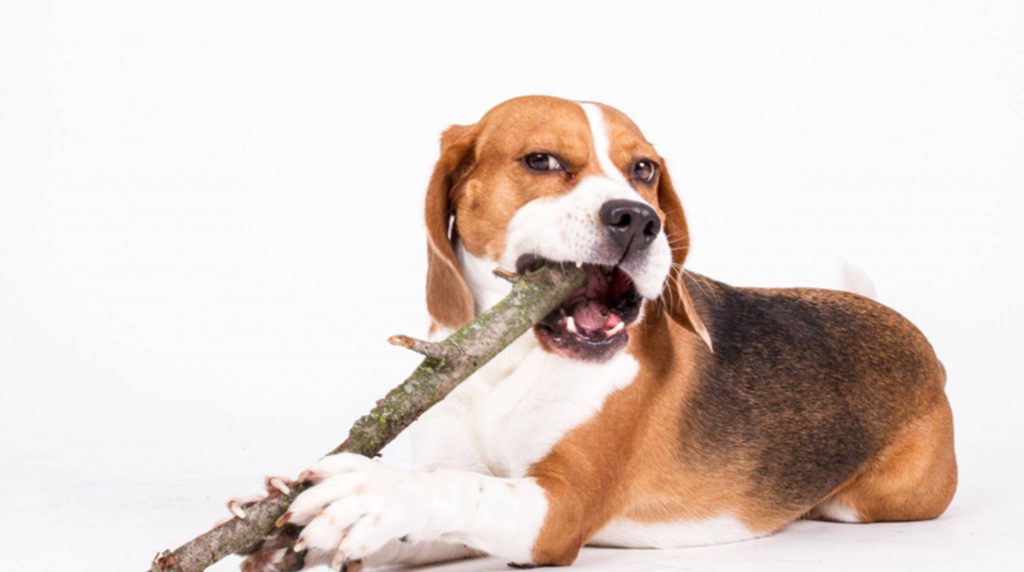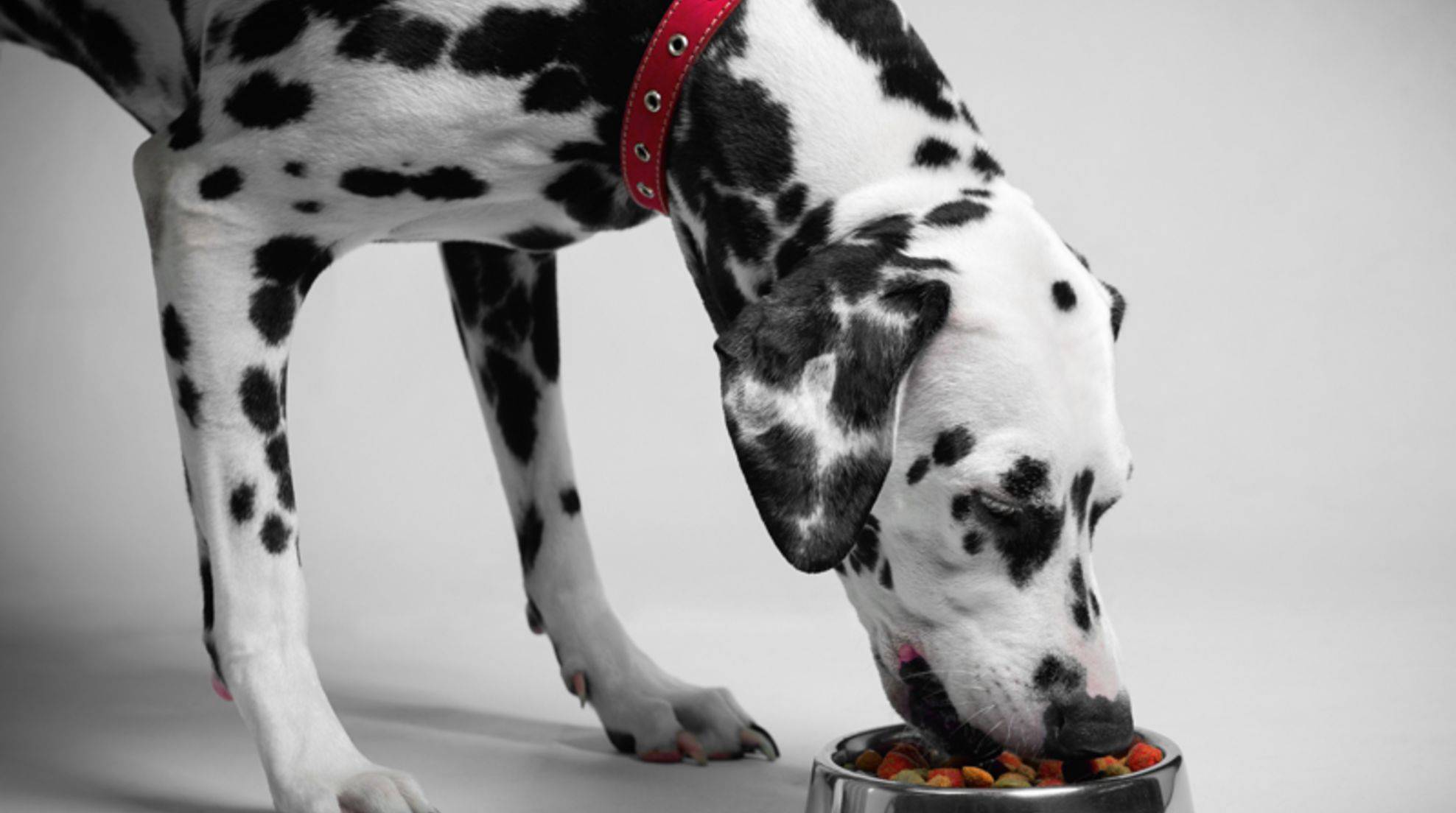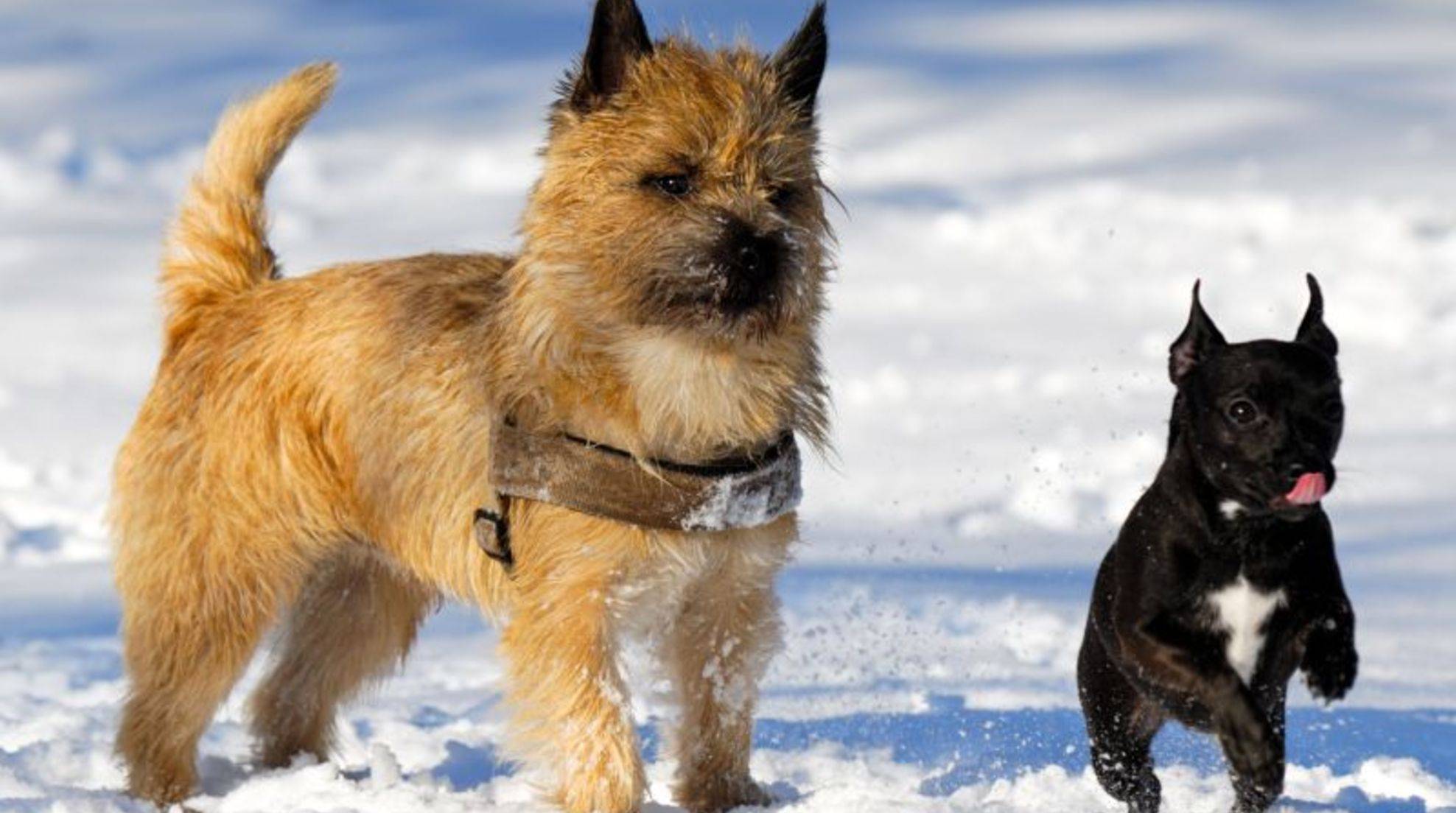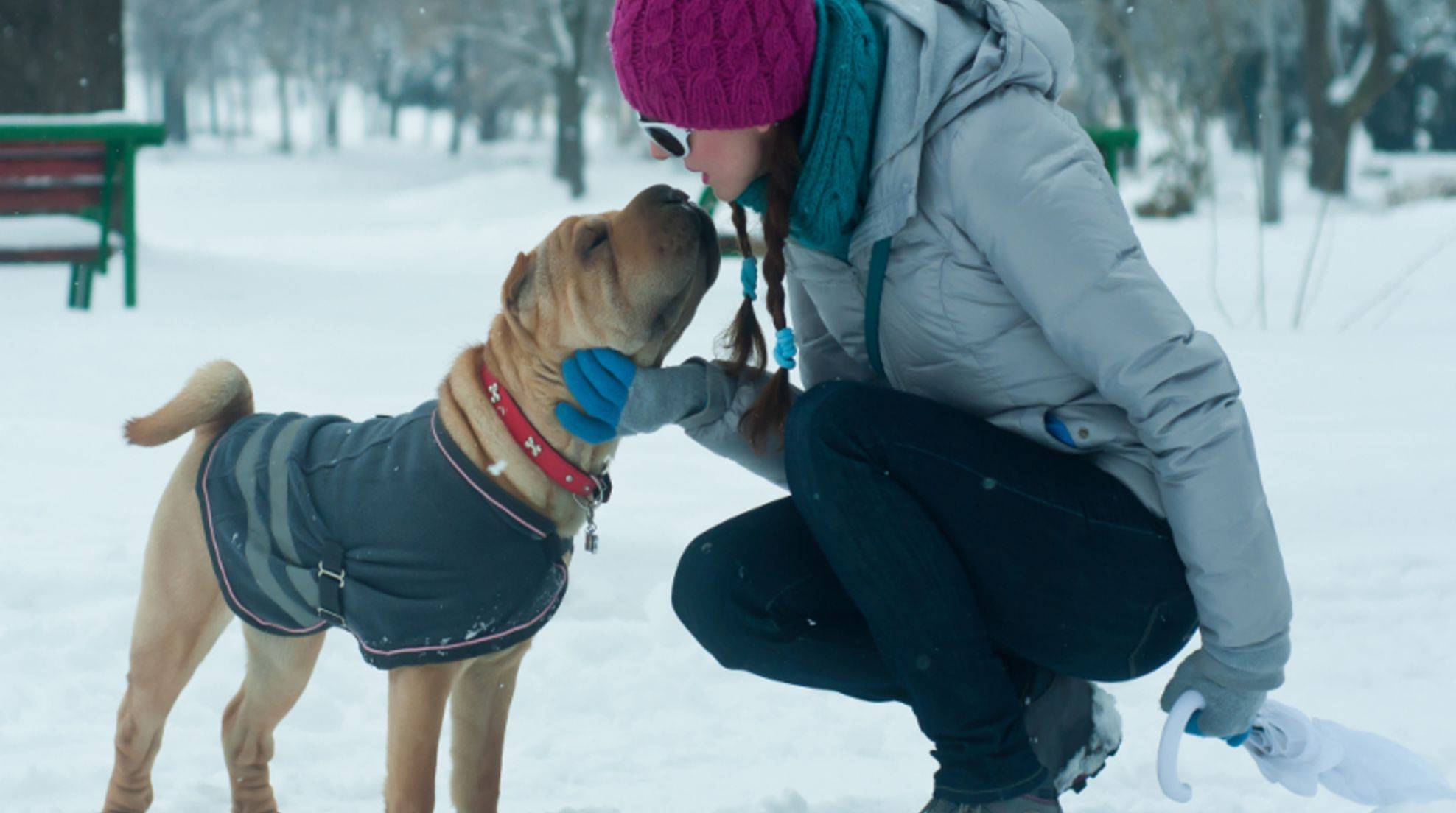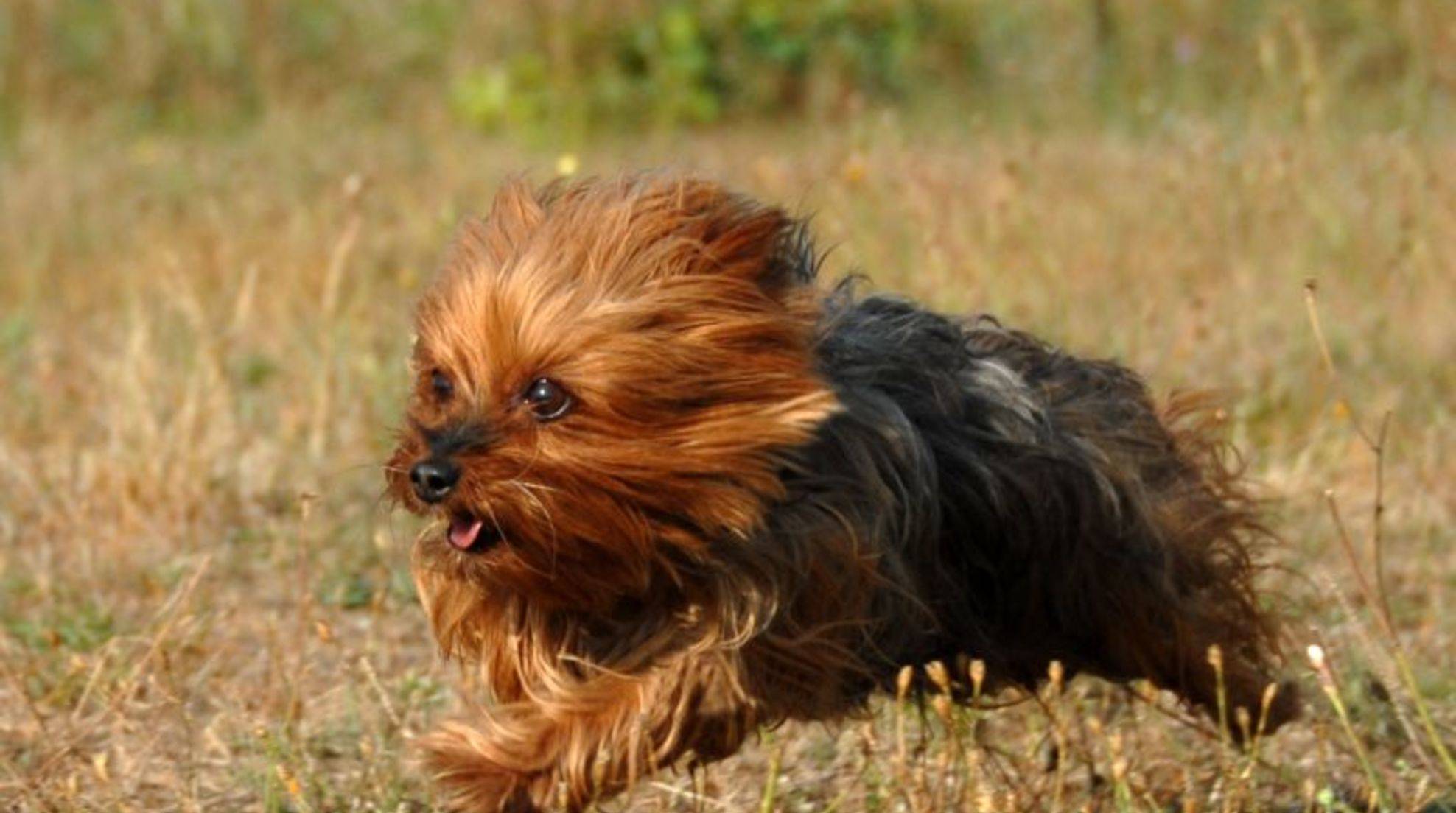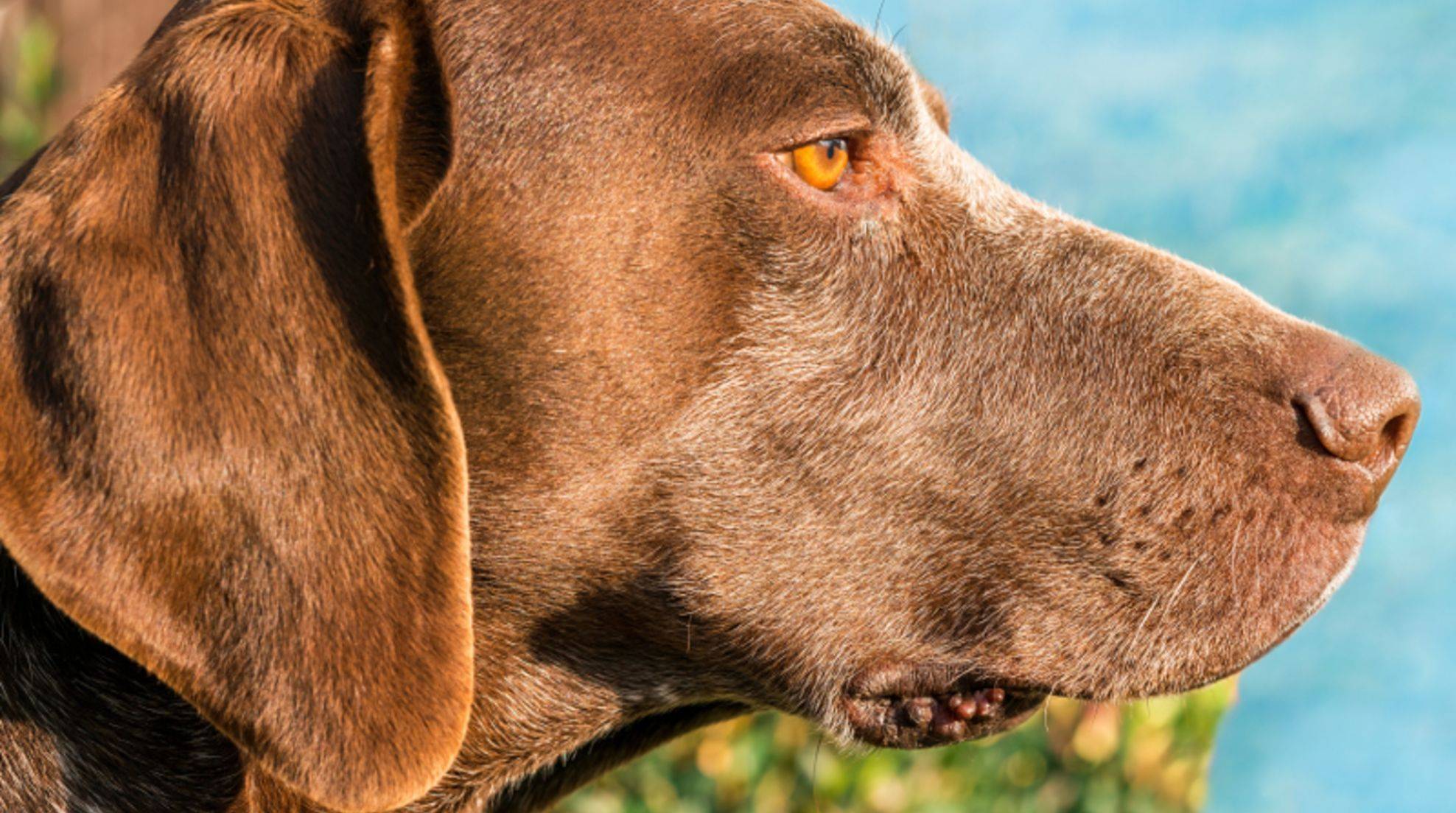Why do dogs eat wood – and is it dangerous?
Your dog eats wood or likes to chew on it? Unfortunately, this preference can be dangerous for your four-legged friend. Here you can find out why this is so and what the motives behind the behavior of your furry nose can be.
If possible, keep your dog from eating wood or chewing on it. Otherwise, there is a risk of injury or poisoning. First, however, it is essential to find out the reason for the behavior of your furry nose. Only in this way can you get your four-legged friend out of the habit of this undesirable behavior in the long term.
Dog eats wood: Instinctive behavior as a cause.
Chewing is an entirely natural behavior for dogs. It’s how they explore their environment and look for food. Your pet doesn’t need to do this; after all, you feed it regularly. But such instincts are deeply rooted in your four-legged friend.
If your dog eats wood or bark, instinct alone is not always the only cause. Often there is more to this behavior, which is why you should observe your dog closely. He could be bored, for example.
Frustration as a cause when dogs eat wood
If your four-legged friend is under-challenged and gets little attention in the form of games, this causes frustration – which your dog could take out on wood.
Do not react to this behavior of your pelt-nose in a hot-tempered way. This reaction could reinforce the misbehavior because your dog learns that eating wood will get your attention.
Does your dog eat wood? Separation anxiety as a possible trigger
However, eating wood can also indicate that dogs suffer from separation anxiety. This is especially common in dogs left alone for long periods.
The loneliness can lead to conspicuous behavior in the four-legged friends, including increased chewing on wood. In this way, the animals try to calm themselves down. Often only a professional dog trainer or dog psychologist and lots of attention can help.
Deficiency symptoms and pica syndrome as possible causes
If your dog eats not only wood but also feces, this may signify a nutrient deficiency. The animal tries to make up for this deficit by eating, challenging to digest. High-fiber dog food can already help in this case.
Another possible trigger for eating wood is the pica syndrome. This exists not only in humans but also in dogs. It is an eating disorder in which the affected person eats things generally understood to be inedible, such as wood, hair, feces (coprophagy), or soil.
This disorder can be metabolic disorders or problems in the gastrointestinal tract. A veterinarian can make a more precise diagnosis. In most cases, he will advise a change of diet, individually adapted to the dog’s age, weight, and state of health.
When puppies chew on wood: Teeth change?
Especially young dogs eat wood or chew on it when they are teething. As with us humans, it’s good for them to bite down on something as the teeth work their way through the gums.
That said, don’t just let your young dog chew on wood. Instead, offer him a suitable chew toy. This is less dangerous and also provides relief.
If it has to be wood, make sure which wood is suitable for your dog to chew. High-quality chewing woods such as coffee wood are more suitable for your pet, as they have softer fibers that do not hurt the sensitive dog’s mouth.
The dog has eaten wood: Possible consequences.
If your dog eats wood, you should instead take the branch or log away from your pelt-nose. Because: Eating wood can be pretty dangerous for your four-legged friend. Here are some of the most common consequences:
Small wood splinters can drill into the palate, the tongue, the gums, or the lips.
Larger pieces of wood can get stuck between the roof of the mouth and the upper teeth.
More significant amounts of wood can irritate the dog’s digestive tract. As a result, the four-legged friend vomits.
Swallowed pieces of timber can injure the esophagus, stomach, or intestines and cause internal bleeding.
Inhaled wood particles can block or damage the respiratory tract.
Some plants such as lilac, mountain ash, or horse chestnut are poisonous to dogs; poisoning could occur.
Barter: dogs to get out of the habit of eating wood.
But what to do if your dog eats wood? So that your four-legged friend no longer indulges in this behavior, you should carefully take the wood away from him. It is best to exchange the piece for an even more exciting toy that is not dangerous for your pet.
Especially chew toys are a good substitute for wood. Nothing can be chipped or swallowed here, and thus eliminating possible sources of danger. You will probably have to try out a few variations until you find your dog’s favorite toy. But once he’s fallen in love, he soon won’t care about the wood anymore.
Please keep your dog busy: Involve him more in the family.
Another option is to integrate dogs more into the social fabric of the family or circle of friends. Dogs are pack animals and don’t like to be alone. Allow your pet to be in the middle of the action. Play with your dog and challenge him regularly with small tasks. That way, he won’t get bored.
Have you followed all the tips and still can’t get your dog to stop eating wood? Then it is advisable to have your pelt nose examined by a veterinarian and, if necessary, call in an animal behavior therapist or dog trainer. The latter know other exercises to dissuade a dog from eating wood playfully.

